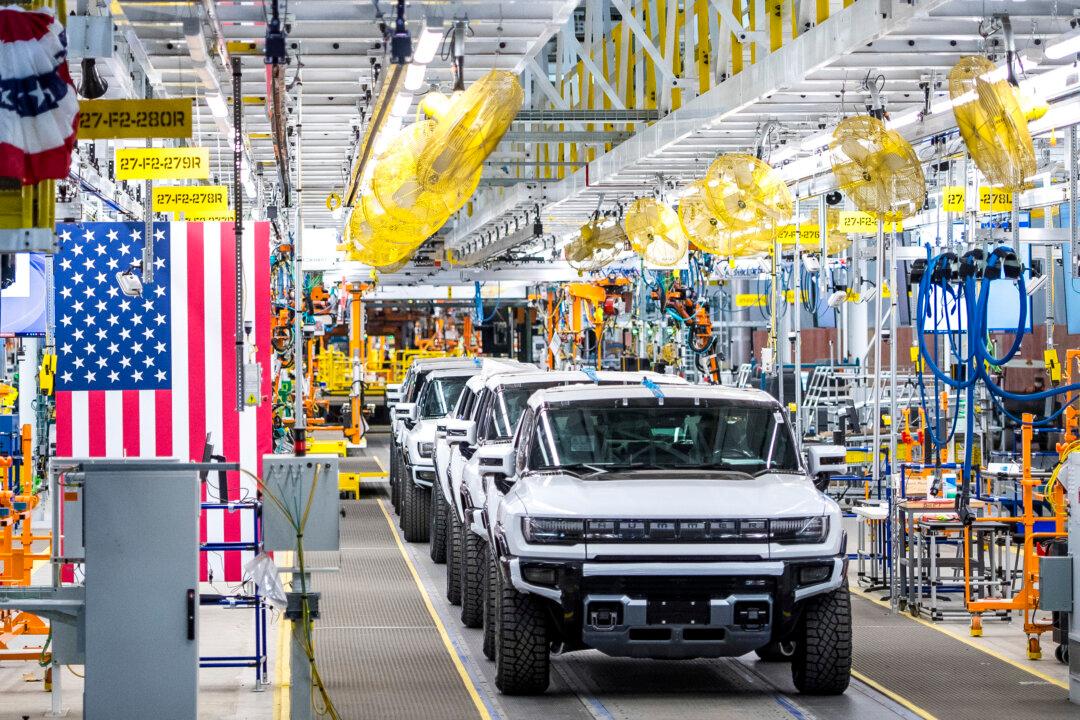General Motors has committed $625 million to what is set to become the largest lithium mine in the United States, marking the automaker’s latest effort to secure a domestic supply of raw materials critical for electric vehicles (EVs).
The cash-and-credit funding was announced on Oct. 16 as part of GM’s joint venture with Lithium Americas, a Canadian mining company. Their deal is centered on the development, construction, and operation of a lithium mine on Thacker Pass, a slice of federal land in northern Nevada near the Oregon border.





